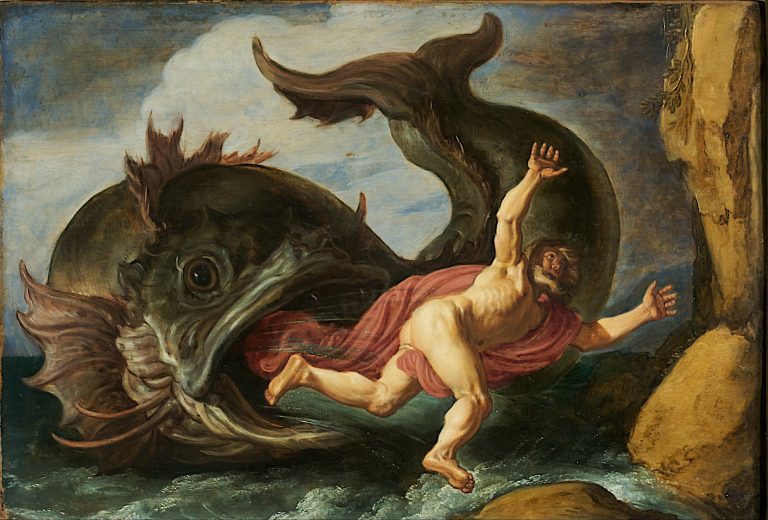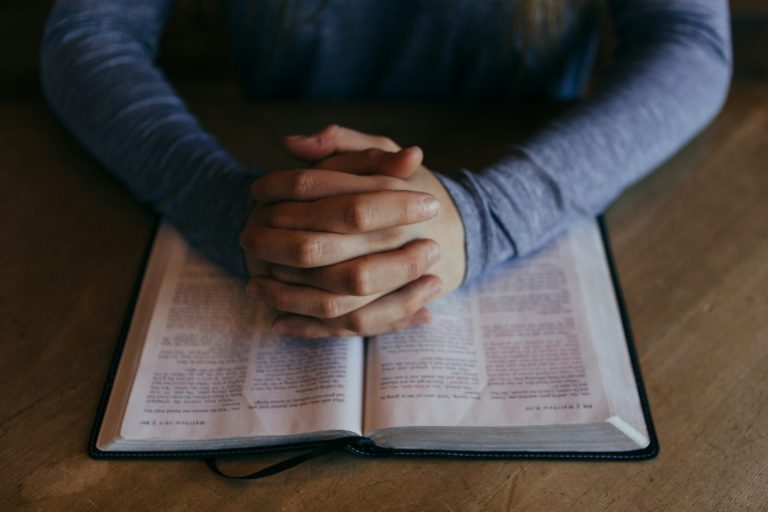Brothers and sisters:
It is written that Abraham had two sons,
one by the slave woman and the other by the freeborn woman.
The son of the slave woman was born naturally,
the son of the freeborn through a promise.
Now this is an allegory.
These women represent two covenants.
One was from Mount Sinai, bearing children for slavery;
this is Hagar.
But the Jerusalem above is freeborn, and she is our mother.
For it is written:
Rejoice, you barren one who bore no children;
break forth and shout, you who were not in labor;
for more numerous are the children of the deserted one
than of her who has a husband.
Therefore, brothers and sisters,
Many of us at some time or another have found ourselves saying, “There are two kinds of people.” Many see the reality of that when they try to reconcile the latest invaders of Europe with the older inhabitants. Today’s reading confirms that there are two kinds of people, representing the two kinds of human operating systems God has programmed and downloaded within us, and shows us the difference between them.
The first kind of people is symbolized by Ishmael, Abraham’s oldest son. His mother was the slave-girl, Hagar, a living allegory of the rightness of slavery, both to laws “These women represent two covenants. One was from Mt. Sinai (where Moses received the Laws); bearing children to slavery; . . .”, as well as having to obey the unseen laws of predestined fate. The children of Hagar tend to be most comfortable believing that “Everything is pre-destined. We go through life as slaves to what has been already written.” This kind of people tend to accept whatever fate provides.
Moslems (and some other, less extreme Protestants) believe that an inescapable predestination determines all of what we do in the course of our life. In their belief, human beings are mere robots, going through motions over which we have no real control. To them, free will is a vain delusion. The more faithful such a believer is, the more minutely they believe we are controlled.
Isaac, like The Roman Catholic Church, comes from God’s promise that has told us we are “freeborn”. The “other kind of person”, as opposed to Ishmaelites who believe that all is pre-destined, believes in free will. We children of Isaac, ( “. . .we are children not of the slave woman, but of the freeborn woman.”) choose to believe or disbelieve, to avoid sin or to sin, and to freely make the decisions that determine where our souls spend eternity. We live our lives fully, using every part of our soul, mind, and body to try to do what’s right. Or, not.
Catholic Fundamentalism sees an overlooked difference of overwhelming importance in our operating systems: Ishmael’s faith is not great enough to believe in a God Who has the power to have the Creation processes go on even as He allows billions of free human beings to operate freely within it. Ultimately, the flaw in such beliefs is that they “define God downwards” pulling Him down to their own level: “I cannot imagine running an organization in which the people over, around, and under me are free to do absolutely anything they want, and I am made in the image of God; therefore I cannot, and must not, conceive of a deity Who would want people to be that free.”
Between the last “God;” and the immediately following “therefore” of the previous sentence, there is the hidden, unspoken manifestation of human vanity, insecurity, and lack of faith that shows the true difference between Hagar/Ishmael and Sarah/ Isaac in an unspoken, but very real way. The inclusion of this unspoken insertion in parenthesis makes the sentence state the true Ishmaelite view and lets us see a far greater truth: “I cannot imagine running an organization in which the people over, around, and under me are free to do absolutely anything they want, and I am made in the image of God (and God is not that much smarter, more able, or more powerful than I am!); therefore I cannot, and must not, conceive of a God Who would want people to be free as long as I am a slave to my own vanity.”
The above two paragraphs offer an examination, if not a refutation, of predestination and those who believe in it that has been overlooked, it seems, forever.







